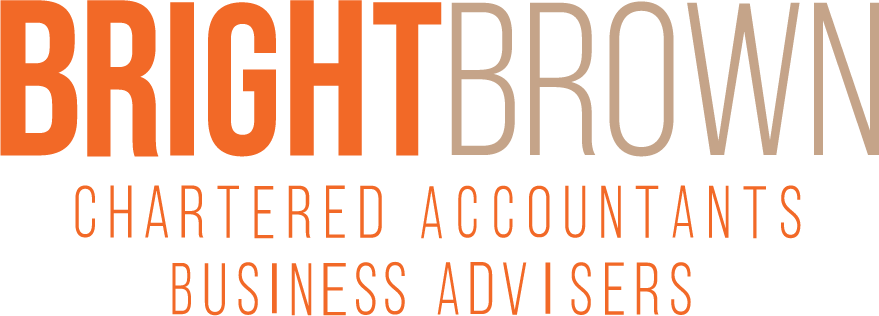In the intricate landscape of UK tax laws, small business owners often find themselves navigating a complex web of regulations. However, mastering the art of small business tax planning in the UK can unlock substantial tax savings and contribute significantly to the financial health of your enterprise. In this comprehensive guide, we will explore key strategies that can help small businesses optimise their tax positions while remaining fully compliant with UK tax laws.
Understanding the Basics OF TAX SAVING STRATEGIES
Before delving into specific tax saving strategies, it is crucial to establish a solid foundation in small business tax planning in the UK. The primary aim of tax planning is to legally minimise the tax liability of a business while ensuring adherence to the regulations set forth by HM Revenue & Customs (HMRC). Small businesses, defined as those with an annual turnover of less than £10.2 million, have access to various allowances, reliefs, and exemptions designed to facilitate growth and sustainability.
Leveraging Allowances and Deductions
Annual Investment Allowance (AIA)
Small businesses can benefit from the AIA, allowing them to deduct the full value of qualifying plant and machinery expenditures from their profits before tax. Currently set at £1 million, utilising the AIA can significantly reduce taxable income.
Capital Allowances
Understanding the nuances of capital allowances is vital for small business tax planning. By identifying eligible assets and applying the appropriate rates, businesses can claim tax relief on the cost of certain capital expenditures, such as equipment and vehicles.
Strategic Expense Management
Claiming Business Expenses
Small business owners should meticulously track and claim legitimate business expenses. From office supplies to travel expenses, ensuring accurate documentation and adherence to HMRC guidelines can result in substantial deductions.
Employee Benefit Programs
Implementing tax-efficient employee benefit programs not only fosters a positive workplace culture but can also contribute to tax savings. Certain benefits, such as pensions and childcare vouchers, enjoy favourable tax treatment.
Taking Advantage of Tax Reliefs
Business Asset Disposal Relief
Entrepreneurs selling or closing their business may be eligible for Entrepreneurs’ Relief, offering a reduced capital gains tax rate of 10%. Strategic planning and meeting specific criteria are essential to qualify for this relief.
Proactive Tax Planning
Timing of Expenditures
Small businesses can optimise tax positions by strategically timing certain expenditures. Understanding the financial year and aligning significant purchases or investments accordingly can impact taxable income positively.
Profit Extraction Strategies
Small business owners should explore diverse profit extraction methods, including salary, dividends, and pension contributions. Evaluating the tax implications of each approach ensures an efficient balance between personal income and business growth.
Professional Guidance
Navigating the intricacies of small business tax planning in the UK requires expertise and ongoing vigilance. Bright Brown have qualified accountants and tax advisors who can provide invaluable insights tailored to your business’s unique circumstances, ensuring compliance with the latest regulations, and maximising tax savings opportunities. Unlocking tax savings strategies for small businesses in the UK involves a combination of strategic planning, understanding available reliefs, and proactive management of financial affairs. By staying informed and leveraging the resources at your disposal, small business owners can navigate the tax landscape with confidence, ensuring the long-term success and sustainability of their enterprises.
If you require any help with this, please contact us today on 01983 523361 or email info@brightbrown.com



